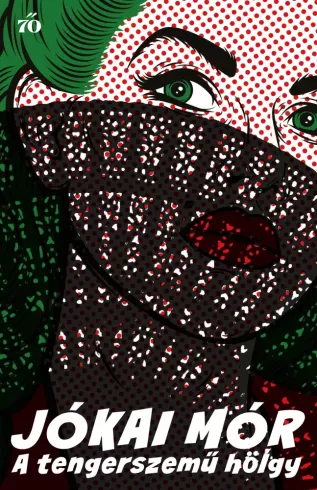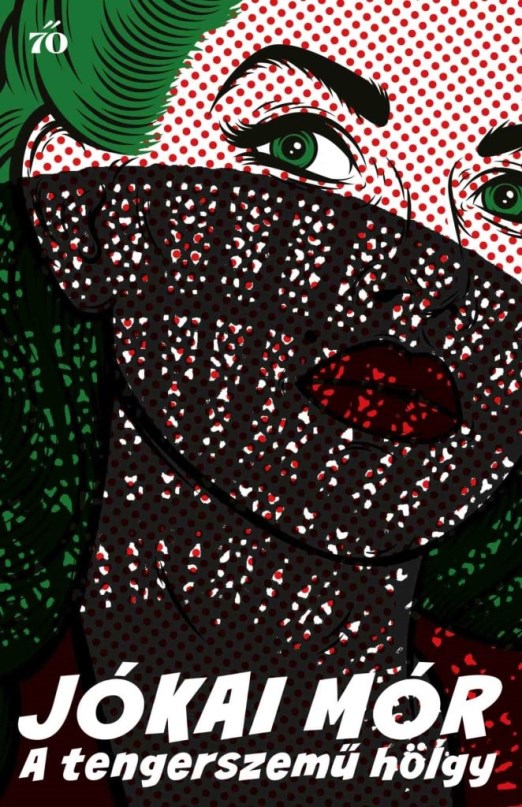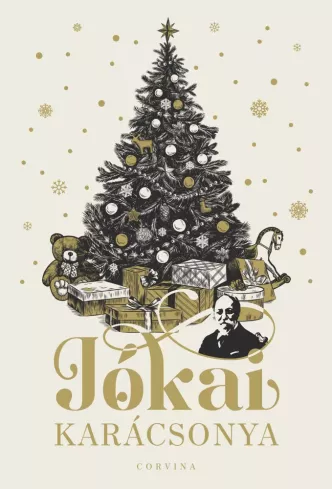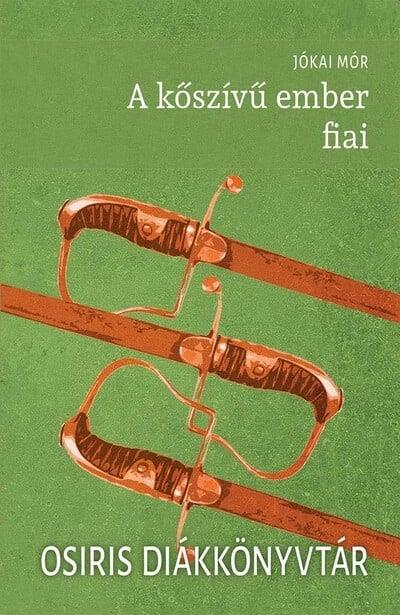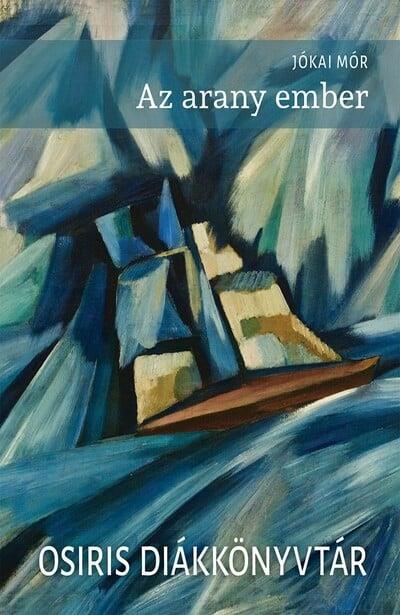
To a man who has earned such titles as "The Shakespeare of Hungary" and "The Glory of Hungarian Literature"; who published in fifty years three hundred and fifty novels, dramas, and miscellaneous works, not to mention innumerable articles for the press that owes its freedom chiefly to him, it seems incredible that there was ever a time of indecision as to what career he was best fitted to follow.
Raktári kód:
180637
Oldalszám:
232
Szállítás:
Azonnal
Elérhető nálunk:
.ePub formátumban
Eredeti ár:
690 Ft
Adatok
To a man who has earned such titles as "The Shakespeare of Hungary" and "The Glory of Hungarian Literature"; who published in fifty years three hundred and fifty novels, dramas, and miscellaneous works, not to mention innumerable articles for the press that owes its freedom chiefly to him, it seems incredible that there was ever a time of indecision as to what career he was best fitted to follow. The idle life of the nobility into which Maurus Jókay was born in 1825 had no attractions for a strongly intellectual boy, fired with zeal and energy that carried him easily to the head of each class in school and college; nor did he feel any attraction for the prosaic practice of law, his father's profession, to which Austria's despotism drove many a nobleman in those wretched days for Hungary. It was Pétofi, the poet, who was his dearest friend during the student-life at Pápa; idealism ever attracted him, and, by natural gravitation toward the finest minds, he chose the friendship of young men who quickly rose into eminence during the days of revolution and invasion that tried men's souls.
Vélemények
Hírek






